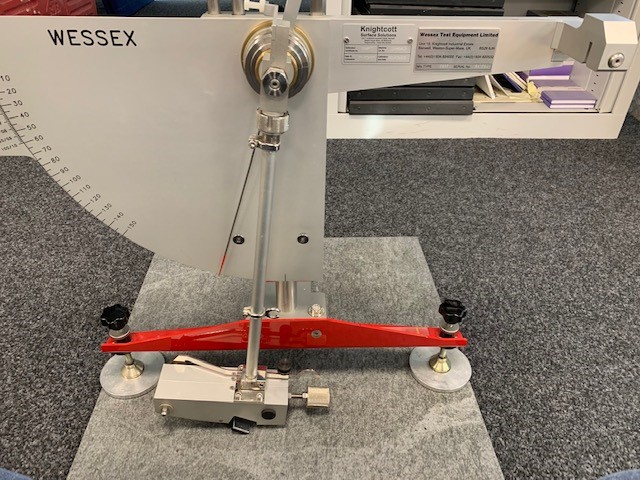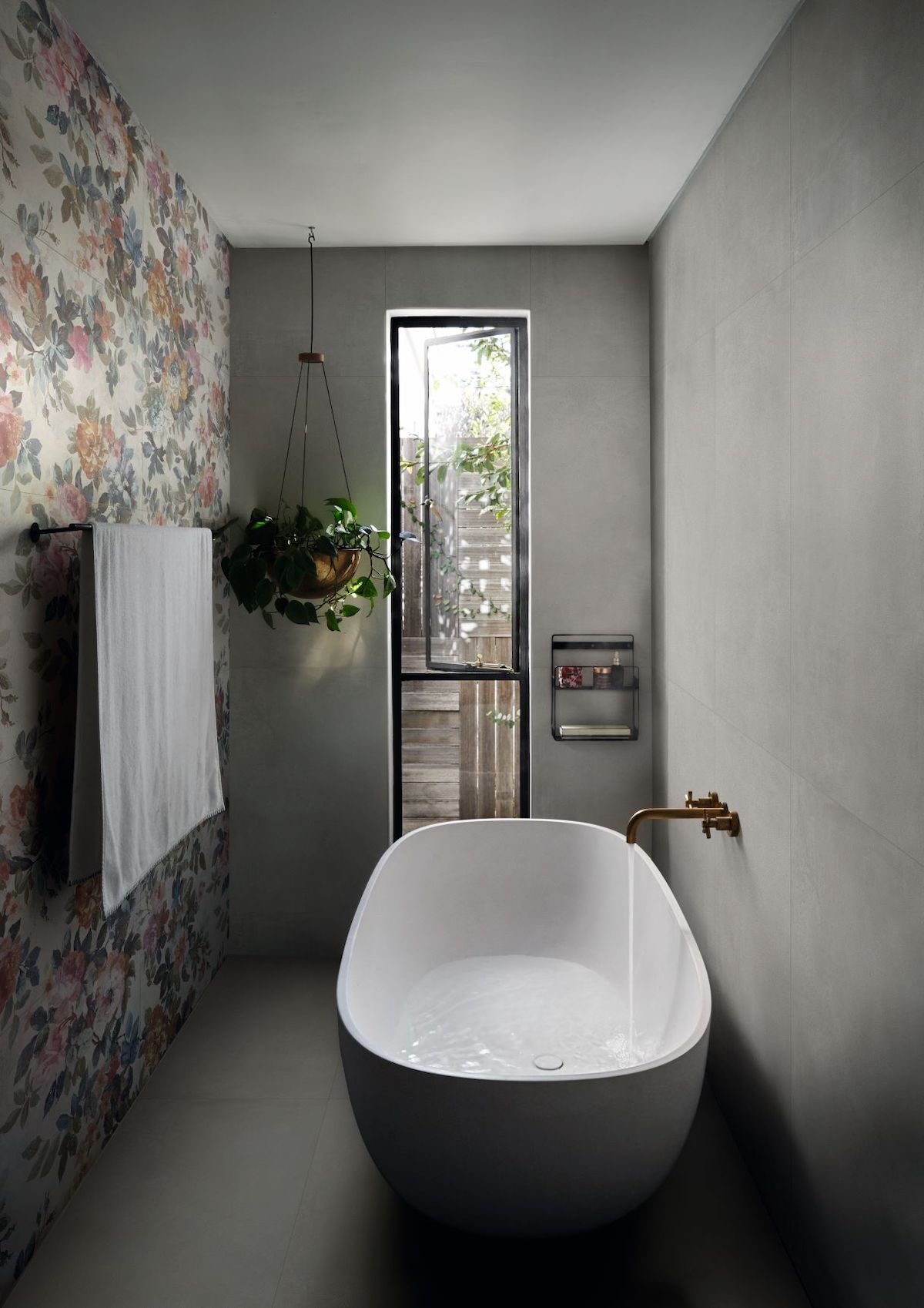Don’t slip up on floor safety standards
https://hoteldesigns.net/wp-content/uploads/2022/06/CTDF-Architectural-tiles-collage-1024x640.jpg 1024 640 Hamish Kilburn Hamish Kilburn https://secure.gravatar.com/avatar/81d2884aeeac3c45e38c47cacc508c2178bab773320ff2d6a83bdcc803d93aec?s=96&d=mm&r=gGoing beyond style, Craig Boyd, specification manager at CTD Architectural Tiles, helps us understand the various floor safety standards in commercial and hotel design – including floor tile requirements and the pendulum test…
When it comes to choosing flooring for a hotel design scheme, there are a number of important considerations: budget, lead times, durability and, of course, style and aesthetics.
But it’s also vital to consider the slip resistance of flooring to ensure the safety of guests and staff. There are now a huge variety of floor tiles available on the market which offer a Pendulum Test Value (PTV) of 36 or higher – but what does this mean, and why is it relevant to hotel design?

Image credit: CTD Architectural Tiles
While it’s always best to discuss a tile’s slip resistance with your chosen supplier, in this article, I will explain the what, why and how of the pendulum test for slip resistance.
What is it?
The pendulum test is the standard measure for the slip resistance of flooring in the UK. It is recognised by the Health & Safety Executive (HSE) as the most reliable and accurate measure of slip resistance, which is suitable to test slip resistance in both wet and dry conditions through replicating a human heel.
This recommendation by the HSE is particularly important for hotel design schemes as it means the pendulum test is the only accepted test used in legal and insurance matters related to proving flooring is safe. Because of this, it’s vital to ensure your chosen flooring – particularly in any areas used by the public – has undergone this method of testing.
As this is only the recommended measure in the UK, tiles manufactured in other countries may have been tested using another method according to different requirements. A range of floor tiles available through CTD Architectural Tiles – including Delight, Inclusioni Classico and Cementum, all of which are popular choices for hotels – have already undergone pendulum testing, but where this isn’t the case, some suppliers are able to carry out the test in-house.

Image credit: CTD Architectural Tiles
How does it work?
To measure a tile’s slip resistance using the pendulum test method, a rubber sole is used to replicate a human heel, which swings over the tile in question.
Two types of rubber sole – known as sliders – are used during the test. Slider 96 replicates someone wearing shoes while Slider 55 replicates a barefoot sole, with both sliders tested under wet and dry conditions. This ensures the tile has been tested under several conditions, so designers can be confident they are providing a safe environment for hotel guests.
Each of these conditions are tested several times to gain an average PTV. This average number is based on the level of friction produced as the pendulum swings over the tile: the higher the friction, the fewer times the pendulum will swing – ultimately providing the anti-slip rating.
What do the results mean?
The PTV of each tile is split into three categories, based on the average figure from the test: PTV0-24 indicates high slip potential, PTV25-35 means medium slip potential, while PTV36 or higher relates to a low slip potential.
A PTV rating of 36 or higher is now a requirement for any new or refurbished commercial or public building, as this is the equivalent to approximately one in every one million users slipping – by contrast, a PTV rating of 19 equates to a one in two slip accident risk.
These statistics show the importance of choosing floor tiles with a PTV of at least 36, and it’s no surprise that commercial tile suppliers are seeing more and more requests for tiles which offer PTV40 in the hotel sector. Fortunately, there is now a wide variety of anti-slip porcelain floor tiles available on the market, so there’s something for every project, budget and style – all without compromising on safety.
> Since you’re here, why not read how CTD Architectural Tiles created a modern classic in Cardiff?
CTD Architectural Tiles is one of our Recommended Suppliers and regularly features in our Supplier News section of the website. If you are interested in becoming one of our Recommended Suppliers, please email Katy Phillips.
Main image credit: CTD Architectural Tiles



